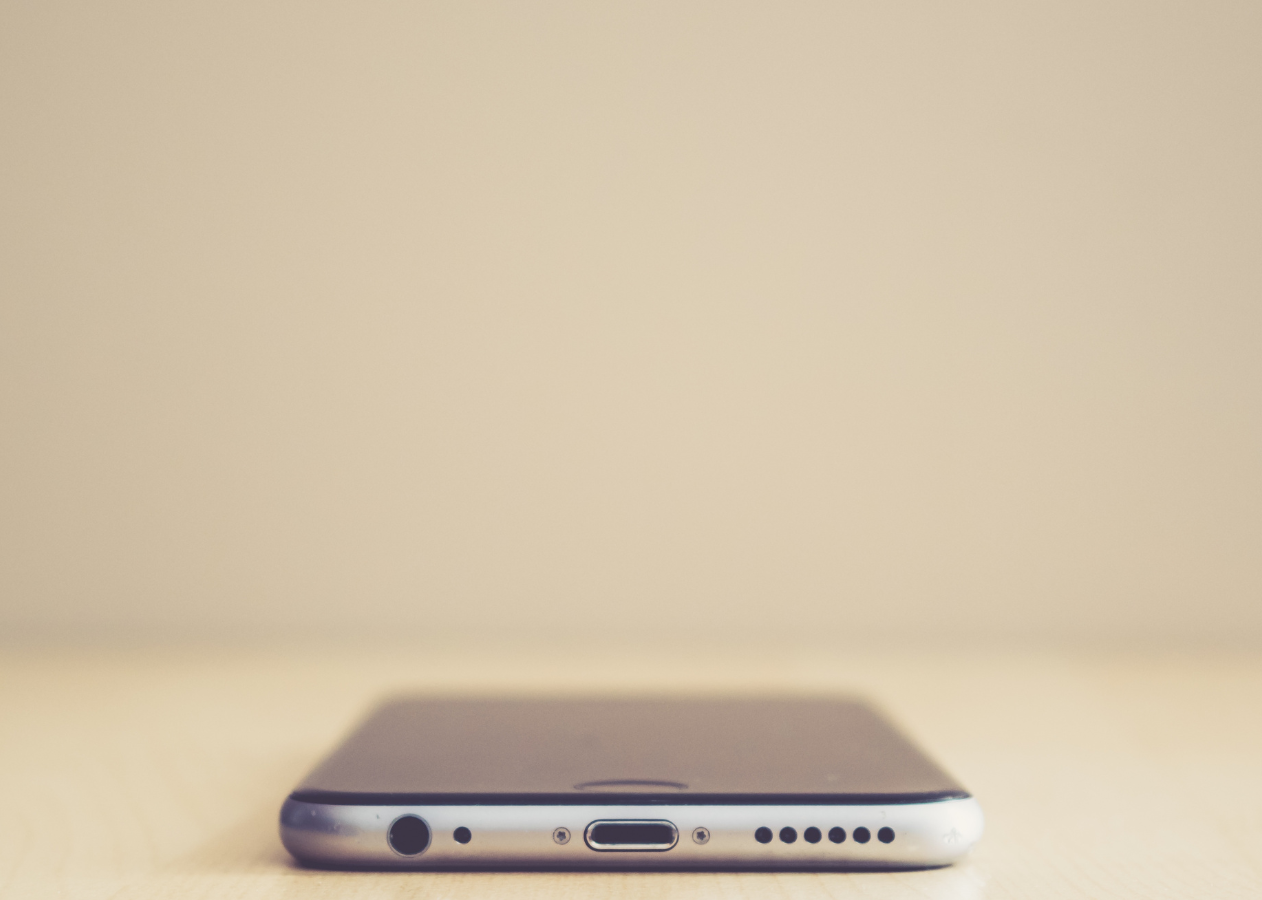I have a love-hate relationship with social media. This type of relationship isn’t uncommon. By this point, we’re collectively aware of both the benefits and detrimental effects of social media. On the one hand, it creates and fosters connections, it provides an international mode of communication, and it’s a tool that can create numerous opportunities to enhance one’s life. On the other hand, it pacifies us and removes the necessary skill of cultivating genuine connections, it creates an unhealthy perception of reality, and it consumes a lot of our time, attention, and energy. More often than not, the negative impacts of social media out weigh the positive.
This isn’t to place blame on social media as a whole. Social media in and of itself isn’t good nor bad; it’s the relationship one has with it that determines whether it is good or bad. It’s rare to meet someone who has struck a happy balance with social media, one where they remain detached with the willpower to step away whenever wanted or necessary. I’ve never been the type of person that could strike a balance no matter how hard I tried. After all, that’s how the masterminds behind social media platforms want it to be: difficult to exist without its steady stream of dopamine hits. I’ve undergone multiple social media detoxes whereby I uninstalled the apps on my phone and vowed not to reinstall them until after a certain period of time (ranging from a few weeks to a minimum of two months). However, the detoxes never create long-lasting results of new habits, behaviors, and boundaries around social media. The cycle is always the same: uninstall, detox, reinstall, newfound habits disintegrate, uninstall, detox, reinstall, repeat.
Any sane person reading about this love-hate relationship would suggest to simply delete everything, to completely remove yourself from the vicious cycle once and for all. In fact, many people have the desire to do so, but to do so means confronting a world of inconvenience. Social media is so ingrained in today’s culture that it complicates one of the main things it was founded upon: connection. Sure, there are alternative ways to connect with new people and communicate with those around you. However, social media is the primary mode. It’s an all in one: it’s where you stay up-to-date with relevant news and irrelevant pop culture topics, it’s where you store contacts of friends and acquaintances, and it’s where you validate your existence. So, to permanently delete your digital world is like cutting your lifeline to the modern world.
As a constituent of Generation Z, I’m aware of how dramatic and absurd this sounds. And in some ways I agree that it’s absurd how dependent we’ve become on social media to function in the modern world to the extent that I experimented and completely removed myself from various social medias. This partly had to do with my fascination and experimentation with digital minimalism — a notion rooted in the less is more mentality and practice simplifying your digital footprint. I permanently removed myself from social media giants Facebook, Snapchat, and Twitter during a time that the practice was considered a radical one.
The experience felt great, it felt liberating. I would be lying, though, if I said that having at least one remaining platform provided some form of comfort and saved me from subjecting myself to anti-socialization. This generation doesn’t call, it rarely texts, and if you want others to think to reach out, they need a reminder — your social media presence — that you exist. It’s an interesting phenomenon really, but it’s just the way we’re primed nowadays.
Aside from the inconvenience of losing out on a mode of connection and communication that has become essential in today’s culture, there’s really no other hindrance to one deleting their social media. There will be, like any addiction, a withdrawal period. For the first few weeks (sometimes months) you won’t know what to do with yourself — how to fill the silence, the dull moments. Eventually, however, you’ll grow accustomed to a new way of being. This being won’t feel as foreign the more you dwell in it. According to many former social media users who are completely off of social media (or who have never been on it), this new way of being will feel more grounded and peaceful along with newfound time and energy to devote to other interests and ventures. In a generation riddled with depression, anxiety, and everything in between, this way of being sounds enticing.
So, which side shall it be? Should we stick with what we know or remove ourselves? Is social media doing more harm than good? More good than harm? To delete or not delete, that is the real question (or that’s the question I’m asking myself at least). From considering the question holistically — recognizing both social media’s advantages and disadvantages — there’s no clear answer, but one thing is for sure: there needs to be a radical shift of social media’s role in our lives.
If you enjoyed this blog post, let me know in the comments! What are your thoughts on our relationship with social media? Is it time to remove ourselves from them?
Click here for similar posts.


Leave a Reply